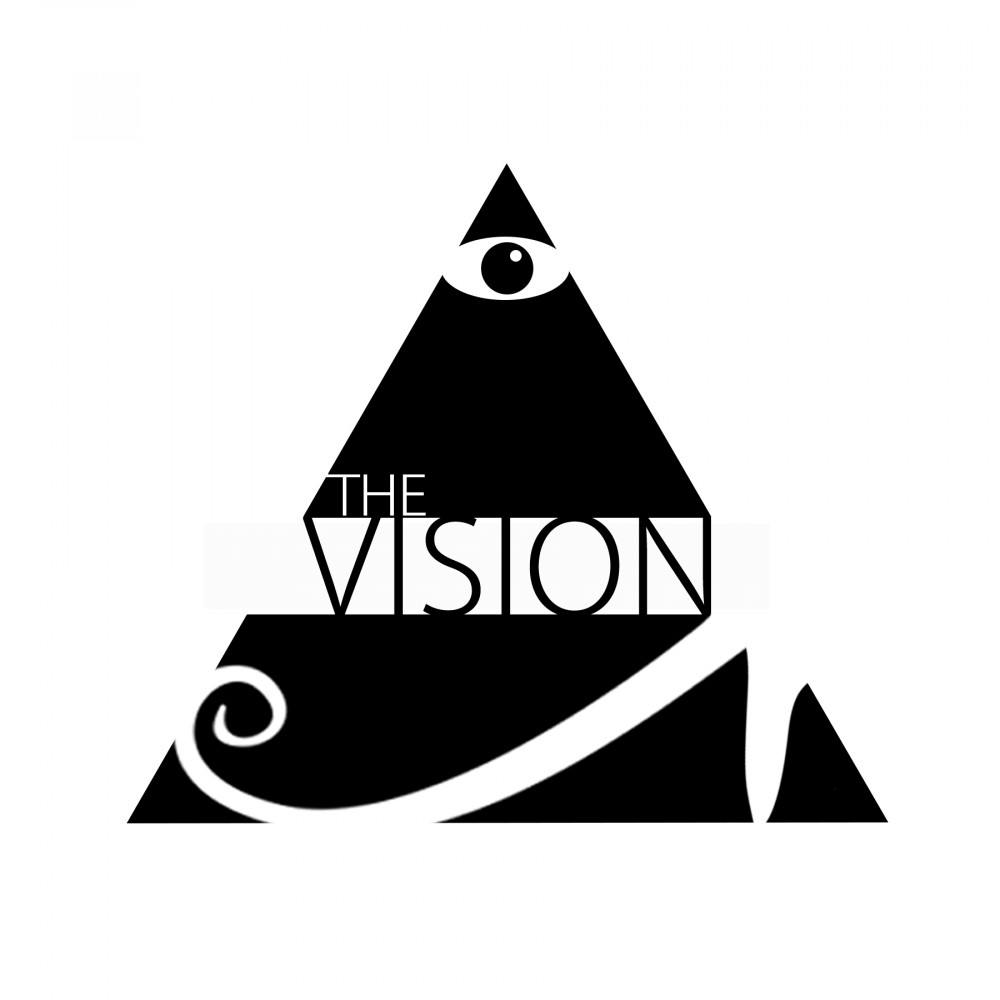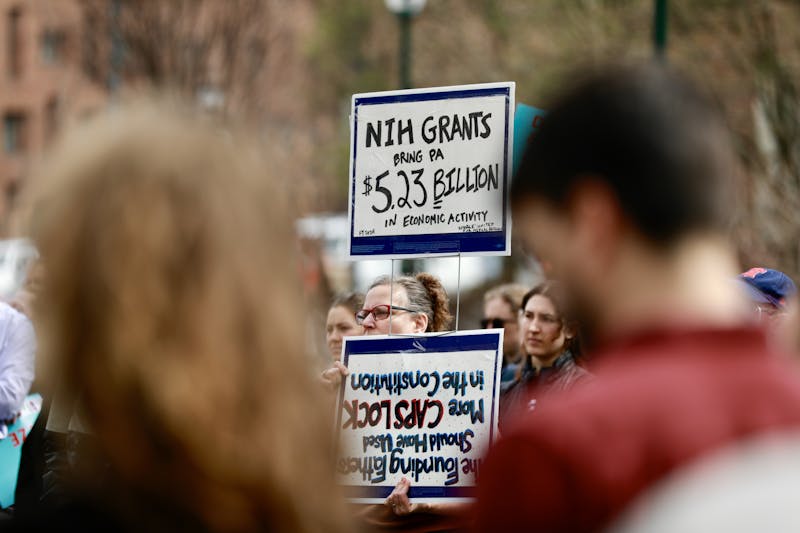The following can be found in the Makuu archives of UMOJA history:
“On March 19, 1991, a Black man named Rodney King was beaten severely by police officers in Los Angeles, California. This normally would be nothing new, but a miscellaneous individual caught the incident on videotape. The Black community went into an uproar about this injustice, claiming that one of the biggest crimes was DWB, or Driving While Black. However, this burst of anger was nothing compared to the one of the following year, on April 29, 1992, when all four police officers charged in the Rodney King beating were acquitted. Riots broke out in Los Angeles, leaving the city torn down and in flames. This wrath was not restricted to Southern California; it reached many urban cities across America. One place that was hit by Black rage in April 1992 was the University of Pennsylvania. Black students were exceptionally infuriated. They decided to release their frustration by marching to the City Hall in downtown Philadelphia.”
This should sound familiar. If you were paying attention to black students and their allies on campus at all last semester you should know that fall 2014 looked very similar to 1992. Protests, marches, demonstrations and various displays of student activism were occurring all over campus as a result of numerous cases of civilian and police brutality against black bodies. In the ‘90s, students realized that singular statements were not enough to create change. That realization, and the rage and turmoil brought on by the Rodney King verdict, was the impetus for UMOJA, a student group meant to unify the groups pertaining to the African diaspora under a common calendar, agenda and political voice. The first official UMOJA meeting was in September 1998.
Now, 16 years later, we find ourselves in the middle of Black History Month and UMOJA Week at a time when black unity and reflection are needed most. We not only find our nation in the grips of a raging debate in regards to systemic oppression and genocide of black bodies, but our campus community as well. Traditionally, the broader Penn community would not consider their presence necessary at UMOJA Week proceedings. Why do events centered around the experiences of the African diaspora relate to me? Last semester, if you found yourself in the midst of students protesting their right to life and were confused as to what their specific grievances were, you should come to UMOJA Week. If you think Fortune 500 diversity programs are unnecessary, you should come to UMOJA Week. If you find yourself confused by the existence of the Du Bois College House or the cultural centers, come to UMOJA Week. If you don’t know that we have six historically black Greek organizations on campus, come to UMOJA Week. If you think 28 days is long enough to celebrate black history, you should come to UMOJA Week. The issues above are not just issues of significance to the black community. They are relevant and greatly important issues for the entirety of the Penn community, especially if you consider us part of the community.
If we are a part of this University’s community, then when the majority of the country — and by extension the campus — finds no value in my life because I am a black woman, the entire community should be outraged into action. I do not expect the systemic problems we face to disappear overnight. However, I do expect everyone to take a vested interest in dismantling the systems that oppress those around them. That means taking the time to learn about our differences instead of trying to ignore them. It requires active participation in a larger community that will be uncomfortable at times, particularly for the most privileged among us. It means we must acknowledge the privileges we each have, listen to the concerns of others and act on them as if they affected us personally — because they do.
RACHEL PALMER is a Wharton junior from Glenside, Pa. Her email address is rpalm@wharton.upenn.edu. “The Vision” is a space for unfiltered black voices and appears every Tuesday.
The Daily Pennsylvanian is an independent, student-run newspaper. Please consider making a donation to support the coverage that shapes the University. Your generosity ensures a future of strong journalism at Penn.
DonatePlease note All comments are eligible for publication in The Daily Pennsylvanian.








